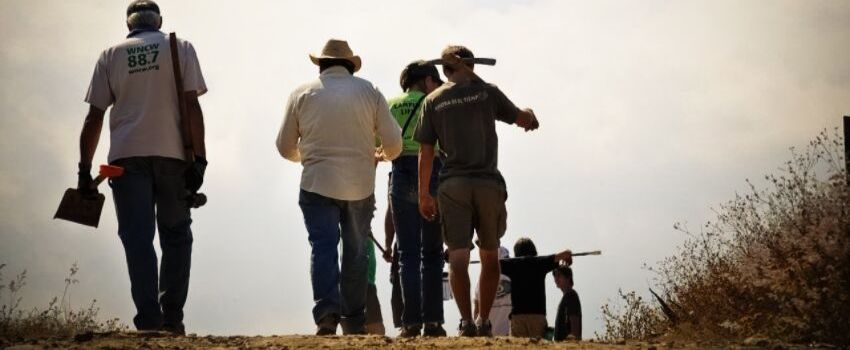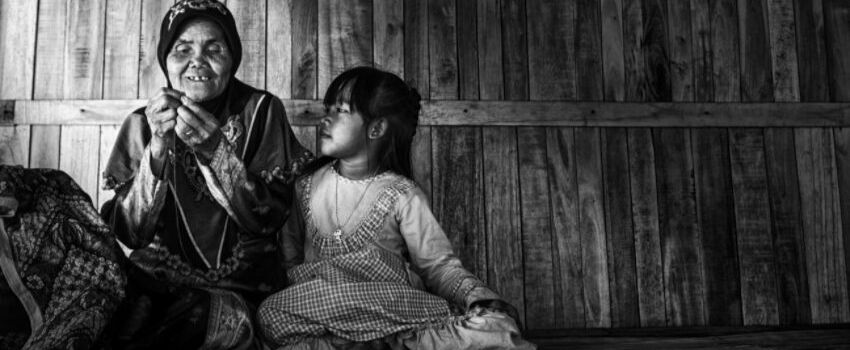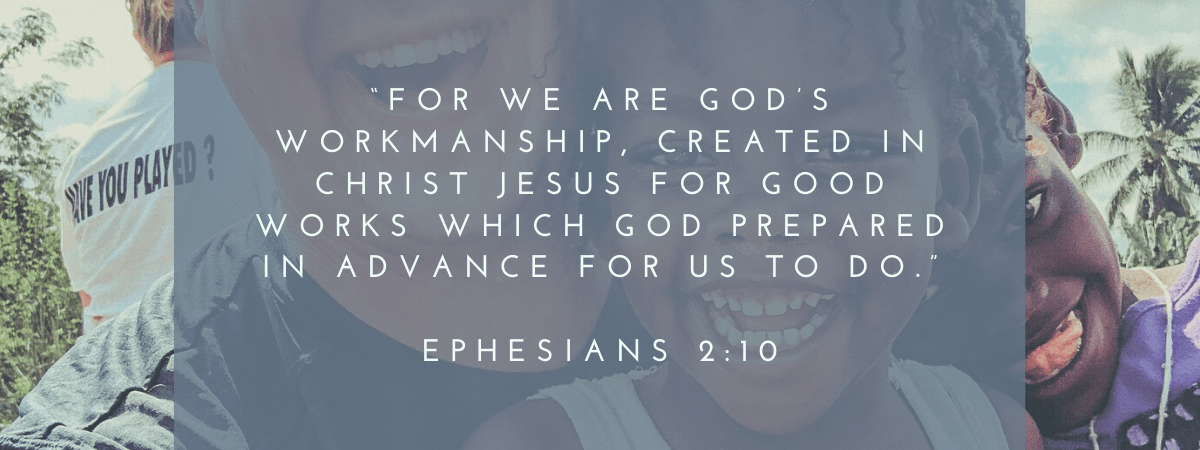“Consider this: Whoever sows sparingly will also reap sparingly, and whoever sows generously will also reap generously. Each of you should give what you have decided in your heart to give, not reluctantly or under compulsion, for God loves a cheerful giver. And God is able to bless you abundantly, so that in all things at all times, having all that you need, you will abound in every good work. As it is written: ‘They have freely scattered their gifts to the poor; their righteousness endures forever.’ Now he who supplies seed to the sower and bread for food will also supply and increase your store of seed and will enlarge the harvest of your righteousness. You will be enriched in every way so that you can be generous on every occasion, and through us your generosity will result in thanksgiving to God.” — 2 Corinthians 9:6-11
Do you ever find yourself in a mental battle of desiring to give more but are worried about how you can afford it? The spirit is willing but the figures don’t add up—in other words, your “money is funny and your credit won’t get it?” The Bible addresses this struggle and teaches us how we can let go of the fear that constrains us and choose to live a life of overflow.
Over the next several weeks, we will be looking at four aspects of cultivating generosity; the first we’ll examine is:
Fearful Giving
Most of us are familiar with 2 Corinthians 9:7 which states, “God loves a cheerful giver.” However, many of us—if we’re being completely honest with ourselves—could confess that as opposed to cheerful givers we are often fearful givers. NonprofitsSource.com reports that the average charitable giving by self-proclaimed Christians in the United States amounts to 2.5 percent of their annual income. One might be inclined to think that this figure is a result of greed, but greed is usually a by-product of something much deeper—fear.
Fear is a spontaneous mental reaction brought on by circumstances that are startling or threatening. One unhealthy way fear manifests itself is in worry, and money happens to be one of the top five things people worry about. People tend to worry when they don’t have enough money, but they can worry even when they do. According to the Institute for Family Studies, on average, people who tend to be less wealthy give more money to those in need than those who are wealthy, by a significant margin.
In Matthew 6:25-27 Jesus talks about how to overcome fear and worry. He states, “Therefore I tell you, do not worry about your life, what you will eat or drink; or about your body, what you will wear. Is not life more than food, and the body more than clothes? Look at the birds of the air; they do not sow or reap or store away in barns, and yet your heavenly Father feeds them. Are you not much more valuable than they? Can all your worries add a single moment to your life?”
And again, in verses 31-34, “So do not worry, saying, ‘What shall we eat?’ or ‘What shall we drink?’ or ‘What shall we wear?’ These things dominate the thoughts of unbelievers, but your heavenly Father already knows all your needs. Seek the Kingdom of God above all else, and His righteousness, and He will give you everything you need. Therefore, do not worry about tomorrow, for tomorrow will worry about itself. Each day has enough trouble of its own.”
The images of birds in Matthew 6 is representative of very fragile things that God intimately cares for; we need to consider ourselves and our money in the same way. Are fear and worry the appropriate response to a God who promises to supply all of our needs? When we look at our lives, especially as compared to those who have far less material wealth, it is easy to see that God has given us more than we need, but our fear can distort our reality. If we allow fear to reign, we will never believe we have enough and we will never reach the place of overflow.
God doesn’t operate out of scarcity, He owns everything. He gives His resources to bless us and to bless others. When we live with that perspective we align ourselves with God’s design; He generously gives to us, we pour out to others, and the cycle continues. If we desire to experience this abundant living, a good starting place would be to ask God what overflow might look like in our lives, and to remember these four practical reasons to give up worry:
- Worry is unproductive. In fact, it can be detrimental. (Matthew 6:27)
- Worry is futile: many things are simply out of our control. (Matthew 6:34)
- Worry proclaims, by our actions, that we don’t trust God. (Matthew. 6:32)
- Worry is inconsistent with how Jesus asks us to live our lives. (Matthew 6:25, 33)
The more we trust in God’s promises and learn to truly depend on Him, the less we will fear and worry; hence, begin to live the life of overflow so perfectly expressed in 2 Corinthians 9:8, “And God is able to bless you abundantly, so that in all things at all times, having all that you need, you will abound in every good work.”
Read Cultivating Generosity Part 2: Financially Free
Read Cultivating Generosity Part 3: The Privilege of Sharing
Read Cultivating Generosity Part 4: Crazy Generosity









